On Saturday March 9 I'm taking part in the LOROS Tower Run. This involves walking or running (I'll be walking, make no mistake about that!) up 20 floors to the top of one of Leicester's tallest buildings, St George's Tower.
That's 351 steps!
LOROS Hospice is a charity, caring for over 2,500 people in my home county of Leicestershire and neighbouring Rutland every year. They deliver free, high quality compassionate care and support to terminally ill patients, their family and carers. The care they provide is unique, and tailored to each individual patient.
My Father-In-Law died in a hospice in London many years ago, so when the opportunity arose to raise awareness for my local hospice in this way, I jumped at the chance.
The LOROS Tower Run is the biggest event of its kind in the Midlands, with hundreds of regular runners and first-timers alike all racing their way to the top of Leicester's tallest occupied building.
Right in the heart of Leicester City Centre, and just around the corner from the railway station, St George's Tower certainly stands out with its vibrant colours for all to see. But, as LOROS ask, could you run or walk up all 20 floors and 351 steps right to the top?
If anyone wants to join me, I'll be setting off on the middle shift, between 11.15 a.m. and 12.15 p.m. You
can register here: https://www.loros.co.uk/support-us/events/2019/03/09/loros-tower-run-2019
LOROS are proud that 91p from every £1 raised and donated goes directly towards patient care.
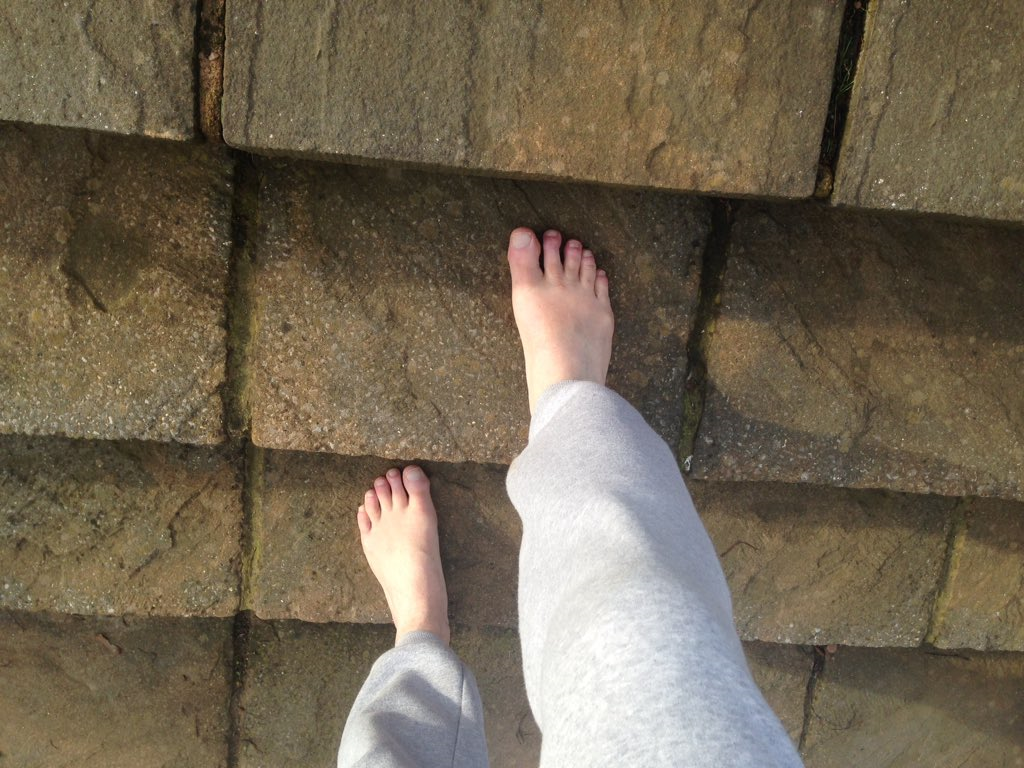
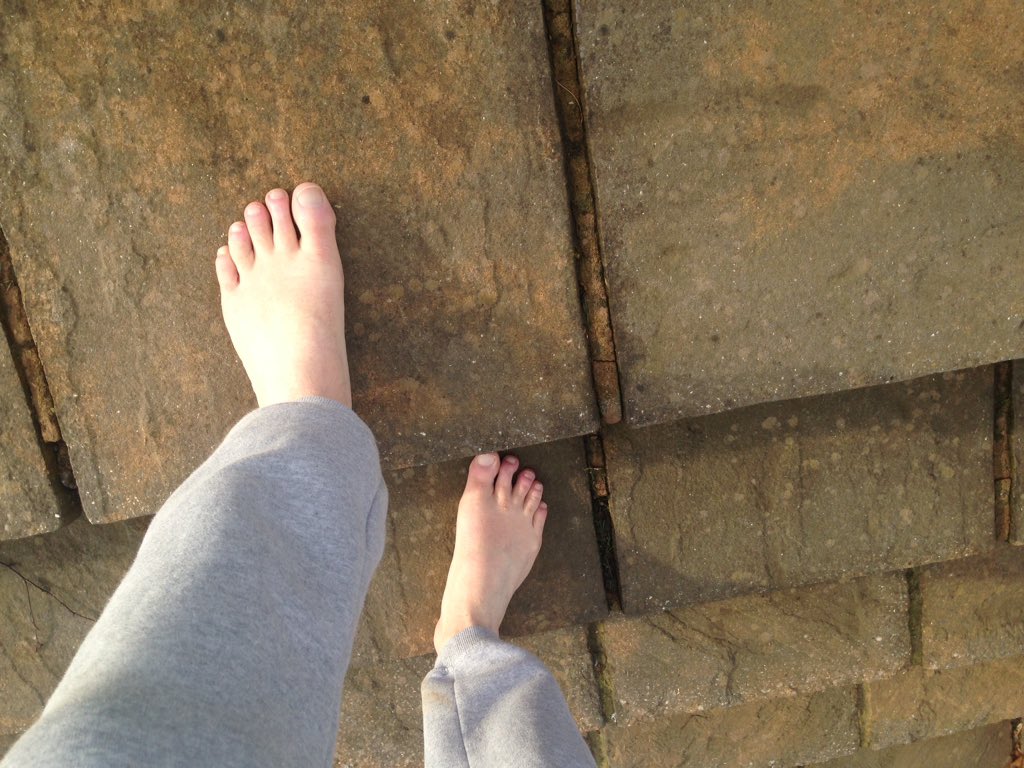
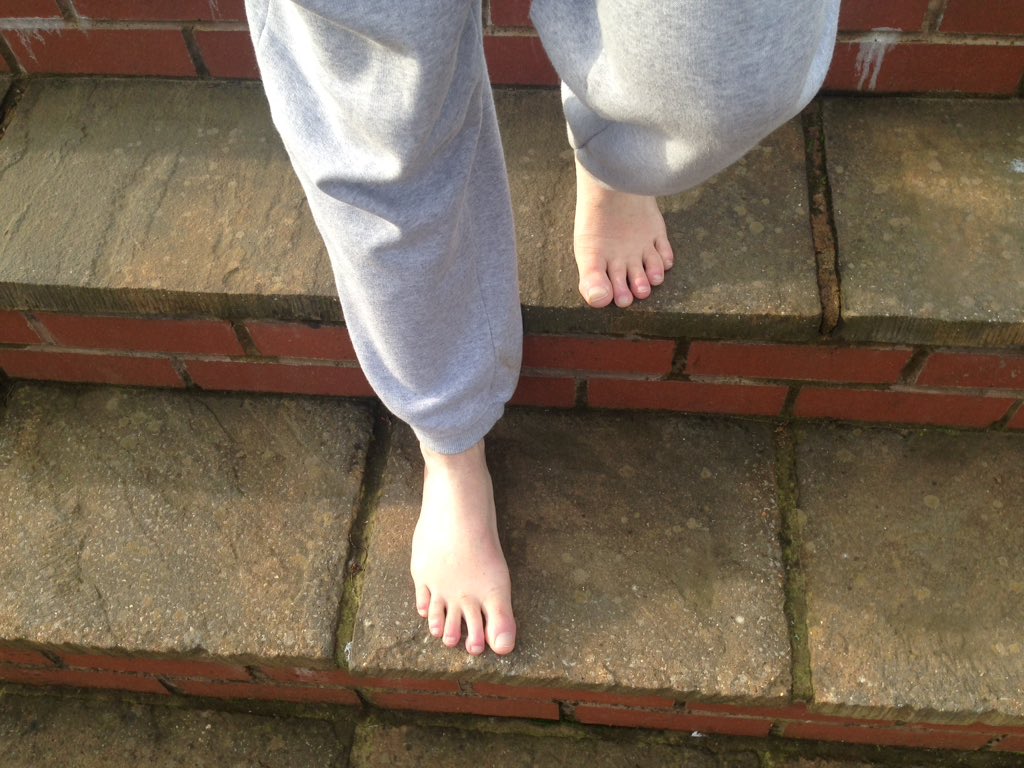
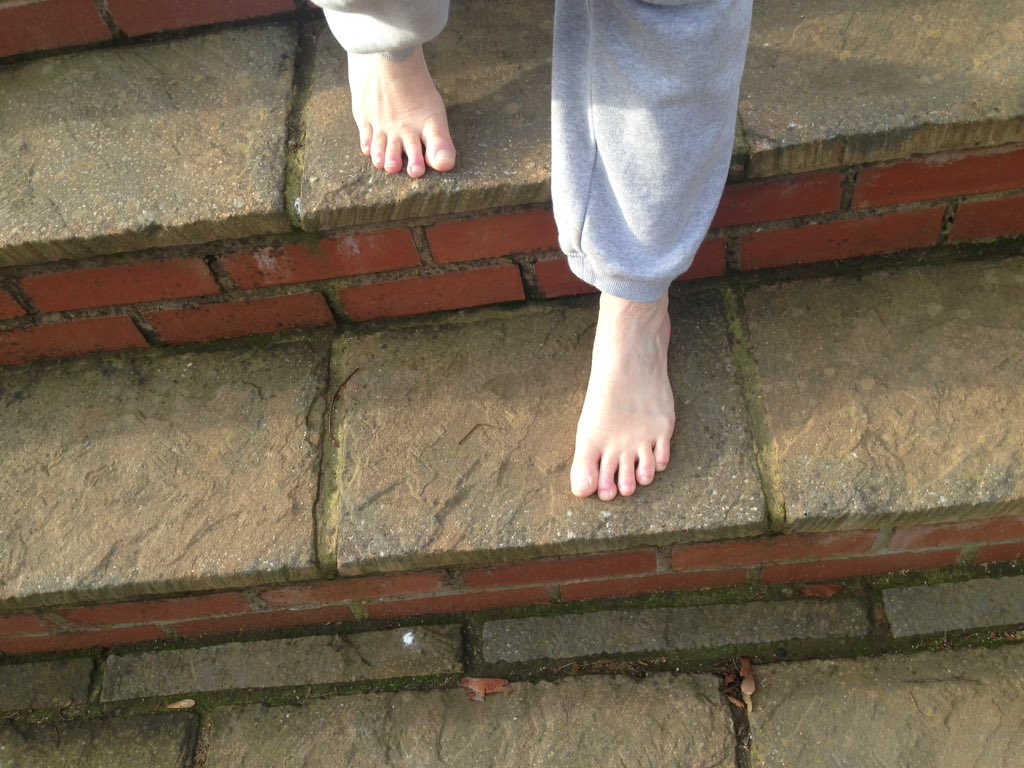
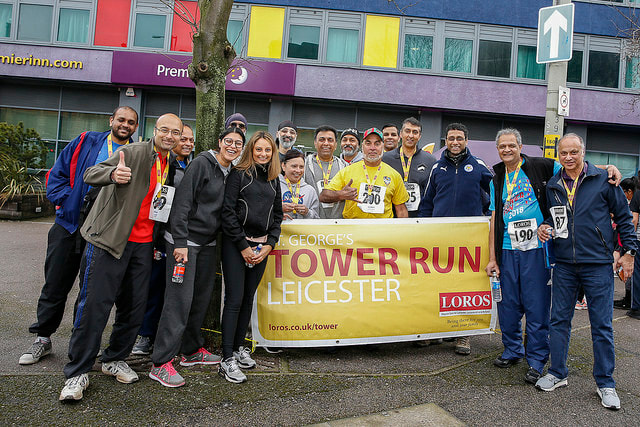
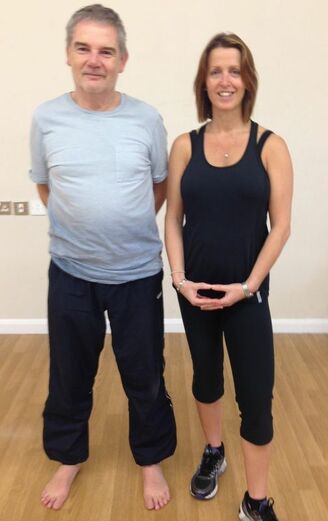

 RSS Feed
RSS Feed
